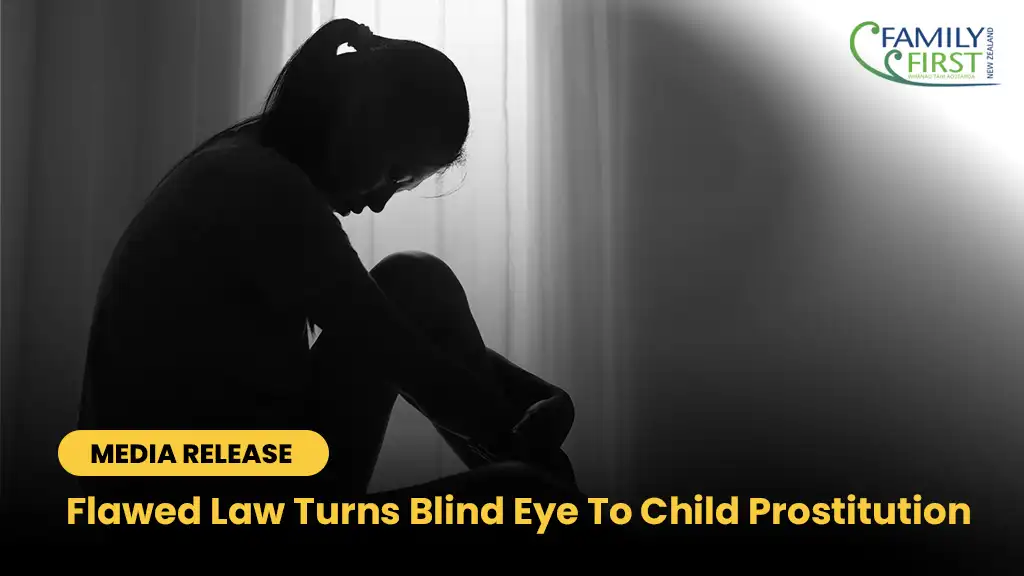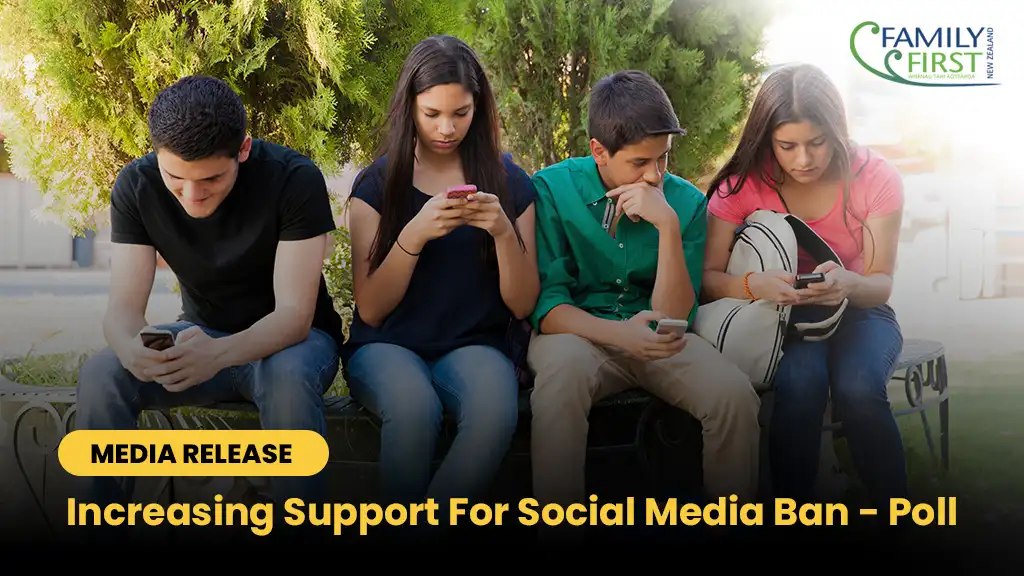A study published in the New Zealand Medical Journal found children are spending a third of their after-school time on screens, including more than half their time after 8pm.
Otago University health researcher Dr Moira Smith says that screen use harms children’s health and well-being. She says it is associated with obesity, poor mental well-being, poor sleep and mental functioning and lack of physical activity. It also affects children’s ability to concentrate and regulate their behaviour and emotions.
The Government is proposing more regulation of social media. But ultimately this is something that needs to be fixed within the family, not regulated by the state.
Full story below …
New Zealand children spend a third of after-school time on screens – study
Researchers are calling for urgent regulations to protect children from harm in the online world.
The call comes as the researchers find Kiwi kids spend one-third of their after-school time on screens.
The study, published on Friday in the New Zealand Medical Journal, looked at the after-school habits of 12-year-olds and found children are spending a third of their after-school time on screens, including more than half their time after 8pm.
Television accounted for the highest proportion of screen time (42.4 percent), followed by computers (32 percent), mobile devices (13 percent ) and tablets (12.6 percent).
The Ministry of Health recommends children’s recreational screen time should be zero for under two-year-olds, less than one hour per day for children aged two to five, and less than two hours per day for children aged five to 17.
Appearing on AM, Otago University health researcher Dr Moira Smith said the results won’t be a surprise to most people but it is a serious issue that needs to be addressed.
“It is hard to avoid being on screens now,” Dr Smith said.
Screen use harms children’s health and well-being. Dr Smith said it is associated with obesity, poor mental well-being, poor sleep and mental functioning and lack of physical activity. It also affects children’s ability to concentrate and regulate their behaviour and emotions.
“Screen time is an entrenched part of children’s day… children now are born into a digital age, they’re digital natives.”
Dr Smith said current New Zealand legislation is outdated and fails to adequately deal with the online world children are being exposed to.
She said children are being exposed to ads for vaping, alcohol, gambling and junk food, and experiencing sexism, racism and bullying while online.
Dr Smith said the Government is proposing more regulation of social media in its recent consultation document from the Department of Internal Affairs (DIA), which notes concern about children accessing inappropriate content while online.
The Otago researchers are currently studying the online worlds of children in Aotearoa using screen capture technology, with the results expected to be published soon.
This article originally appeared on newshub.co.nz




